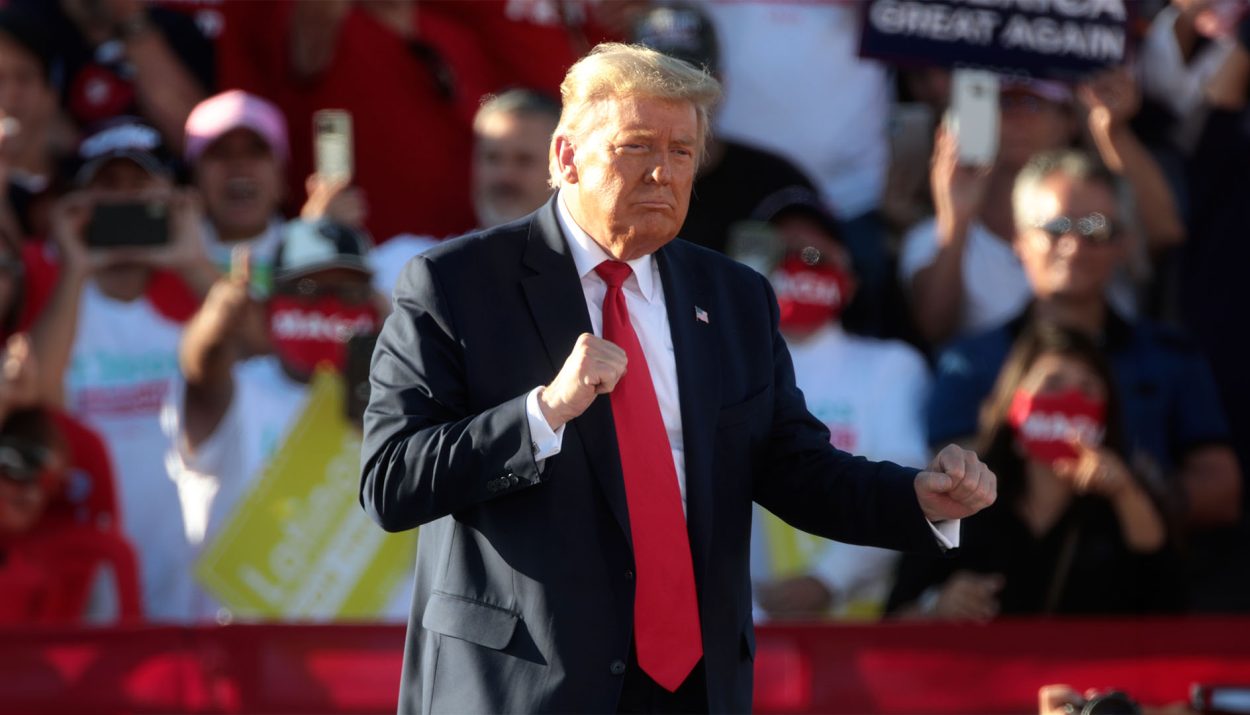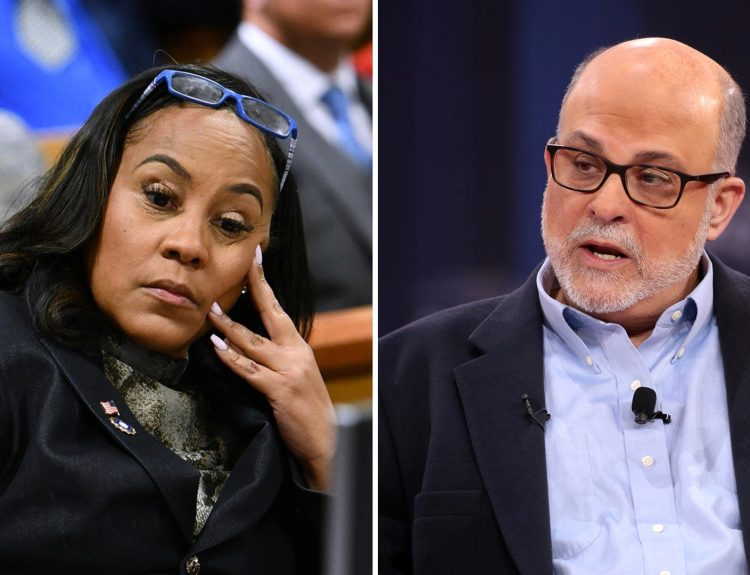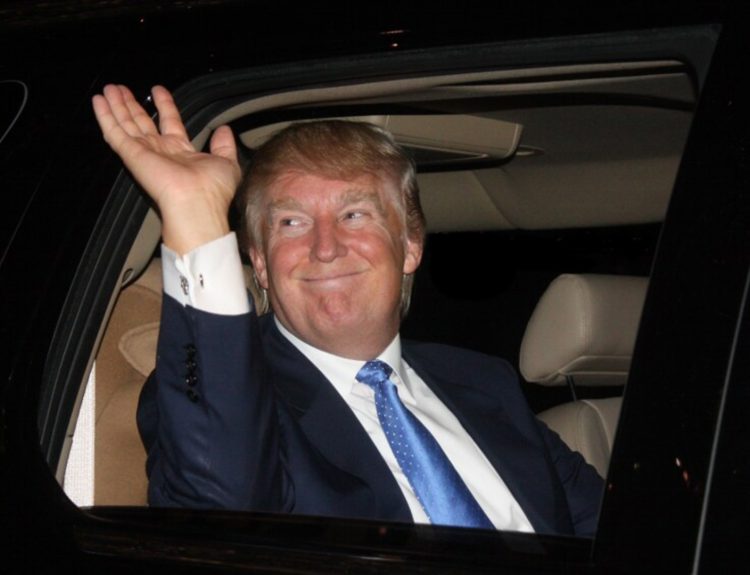In a recent Supreme Court ruling, the nation’s highest court determined that individual states lack the authority to require presidential candidates to disclose personal financial information to appear on ballots.
This decision comes after three cases brought before lower courts in which plaintiffs argued that former president Donald Trump should be barred from appearing on state ballots in upcoming elections.
Background of Legal Battle Over State Laws to Keep Trump Off Ballots
The Supreme Court case stemmed from several states’ efforts to bar former President Donald Trump from their presidential ballots in 2024 under Section 3 of the 14th Amendment.
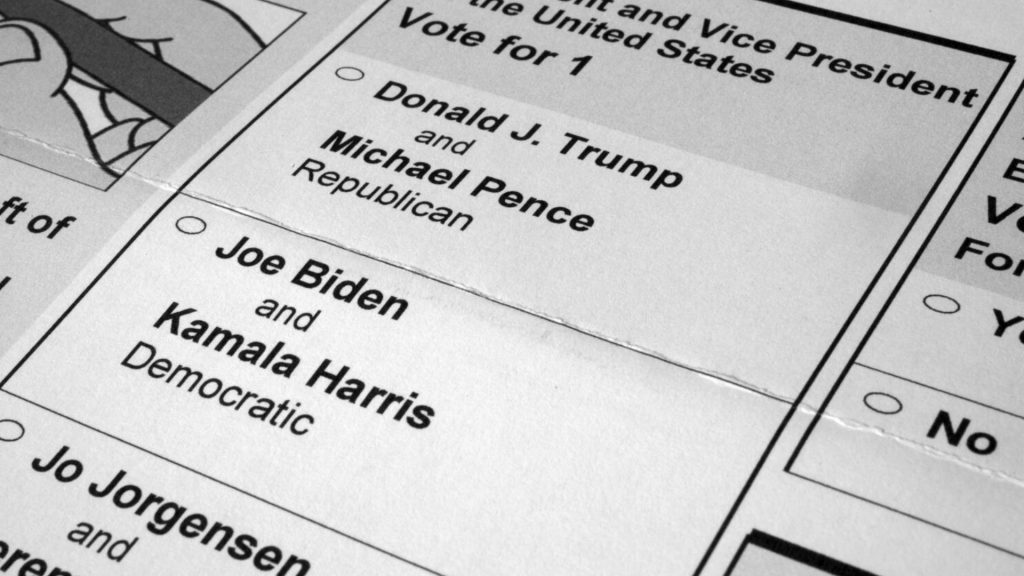
Following the January 6 attack on the Capitol, some argued that Trump’s words and actions surrounding the 2020 election amounted to engaging in insurrection against the government.
Supreme Court Decision Affirms States Can’t Add Qualifications for President
The Supreme Court issued an unsigned ruling unanimously affirming that states cannot bar candidates from appearing on presidential ballots by adding qualifications not outlined in the Constitution.
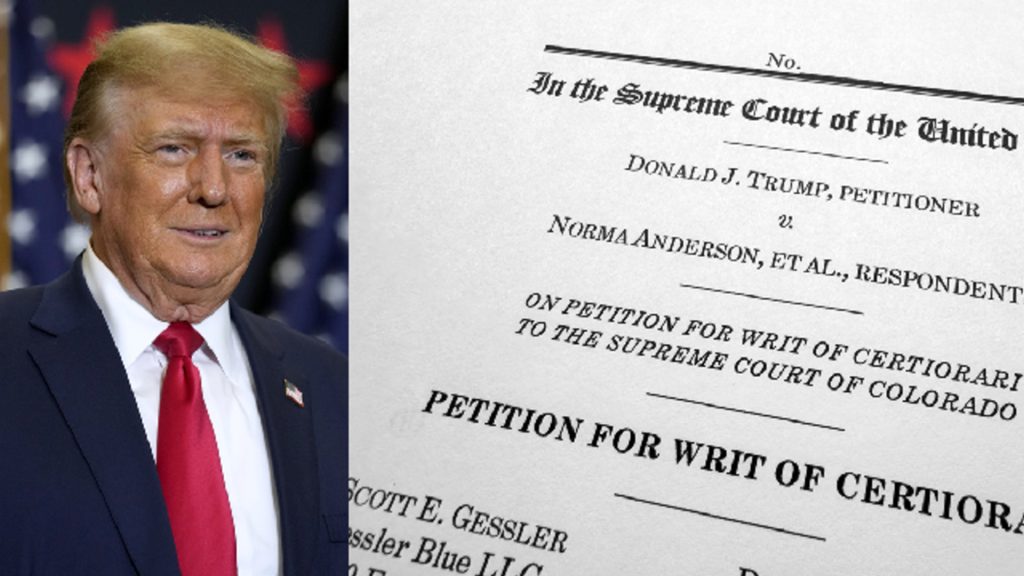
In a sweeping decision, the court reversed a Colorado Supreme Court ruling that former President Trump could be barred from the state’s ballot under Section 3 of the 14th Amendment due to his role in January 6.
The 14th Amendment Section 3
The 14th Amendment’s Section 3 was passed after the Civil War to prevent former Confederates from regaining power.
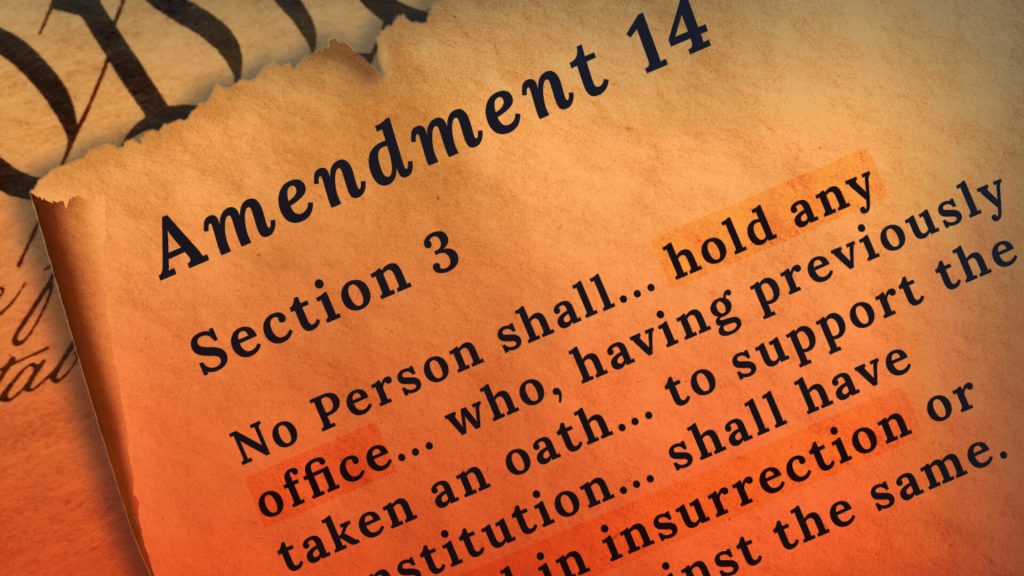
However, others saw state-level enforcement of Section 3 against Trump as a partisan attack that could set a dangerous precedent. The Supreme Court’s ruling settled these issues for now but left room for Congress to take further action under Section 3.
Congress Alone Has Power to Enforce 14th Amendment
The high court found that only Congress can enforce Section 3 of the 14th Amendment, which prohibits those who have “engaged in insurrection” against the government from holding federal office.
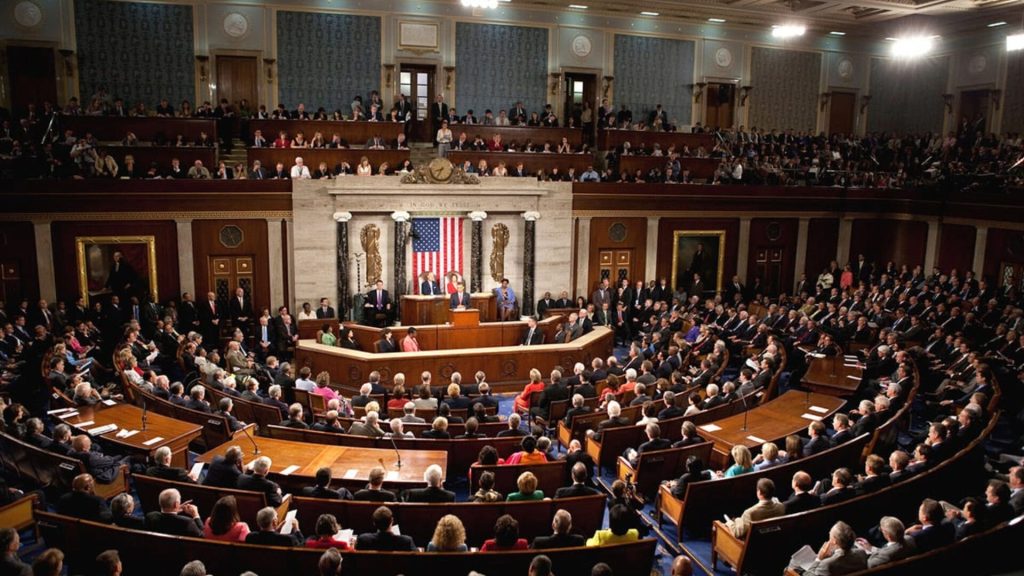
The Colorado court had wrongly assumed states could make independent determinations about a candidate’s eligibility.
Decision Applies to All States
Although the case arose from a challenge to Trump’s eligibility in Colorado, the Supreme Court made clear its decision applies to all states.
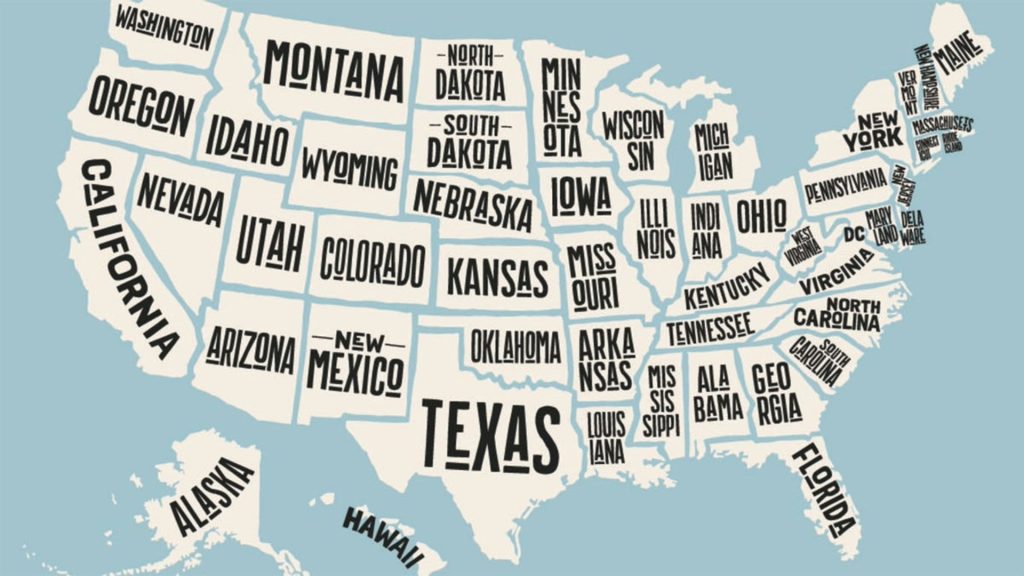
The ruling shuts down similar efforts underway in a handful of other states to bar Trump from the ballot. Some legal experts noted the decision could shield Trump from further legal consequences for his role in the Capitol riot.
Disagreements Remain Among Justices
While the ruling was unanimous in its outcome, differences emerged in concurring opinions from some justices about the scope of the decision.
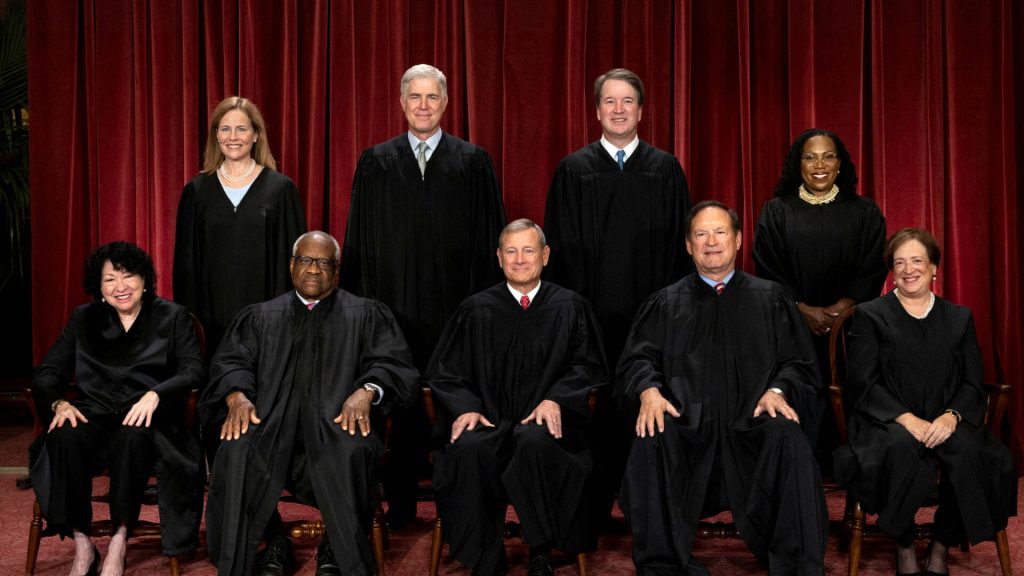
The three liberal justices argued the majority went too far in addressing how Section 3 could be enforced, saying that discussion was unnecessary to resolve the case.
Implications of Ruling for Upcoming 2024 Election
The Supreme Court’s ruling establishes that individual states lack the authority to bar candidates from appearing on presidential ballots.
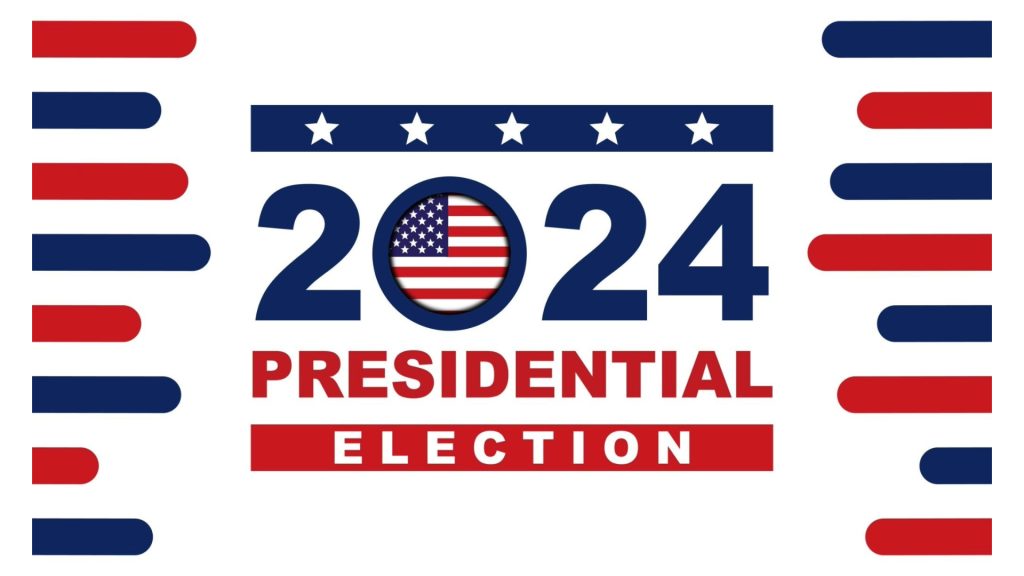
As a result, the decision ensures that former President Donald Trump will remain eligible as a candidate in the 2024 election, despite efforts by some states to invoke Section 3 of the 14th Amendment to disqualify him.
Risk of Patchwork Enforcement Avoided
Without this ruling, states could have reached varying conclusions on the same candidate’s eligibility, resulting in “chaos” and undermining the democratic process.
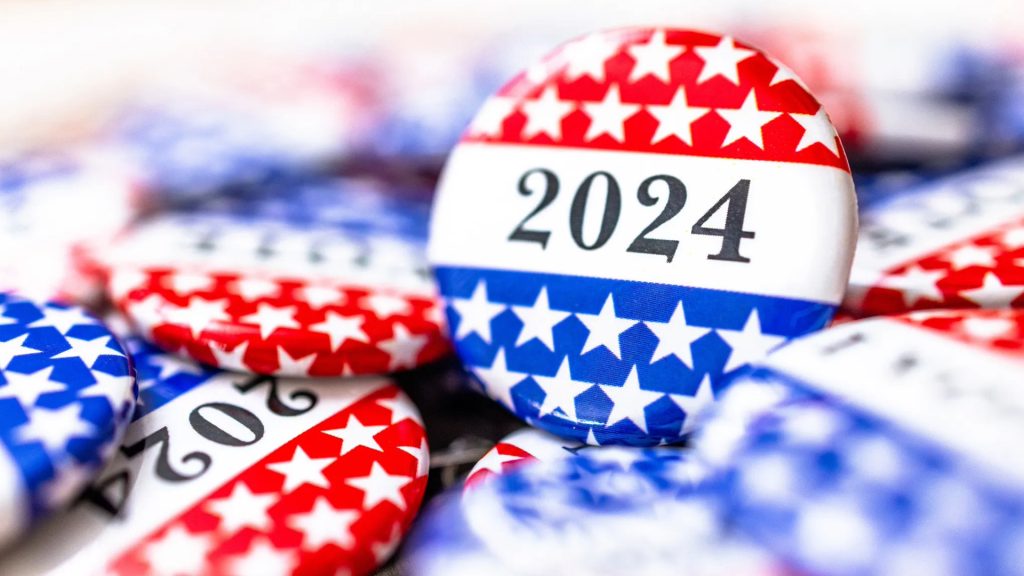
For example, a candidate could be barred from some state ballots but allowed on others. The court’s decision avoids this patchwork of enforcement across states by reaffirming Congress’s sole authority.
Partisan Disagreements Persist
Reaction to the ruling fell along partisan lines. Trump and his Republican allies hailed it as preventing improper election interference, while his Democratic opponents saw it as shielding him from accountability for his role in the Capitol attack.
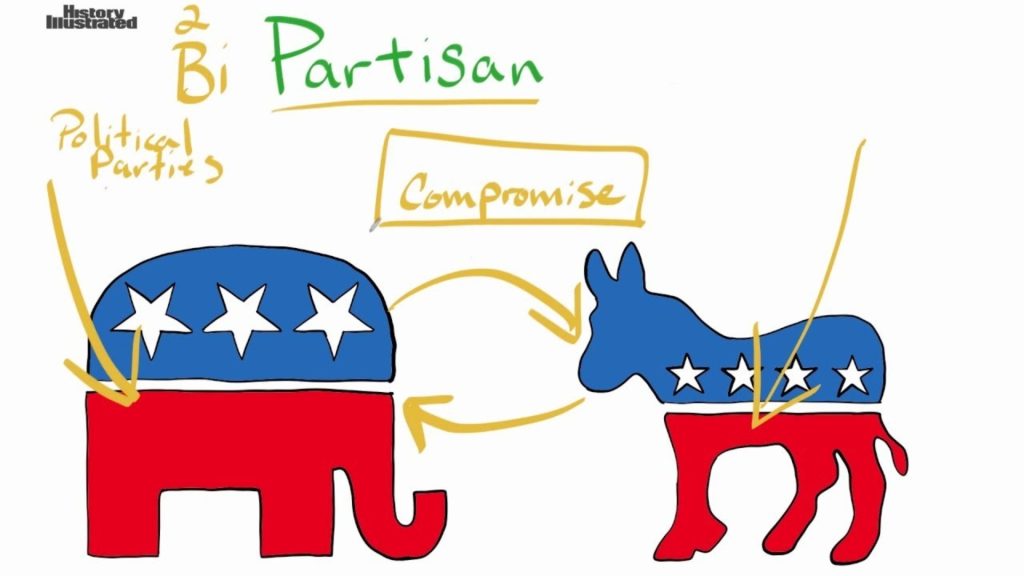
Some Democrats also worry that invoking Section 3 could set a precedent for its partisan weaponization in the future.
Trump Hails “Big Win for America“
Following the Supreme Court’s unanimous ruling reversing the Colorado Supreme Court’s decision, former President Trump immediately celebrated the outcome.
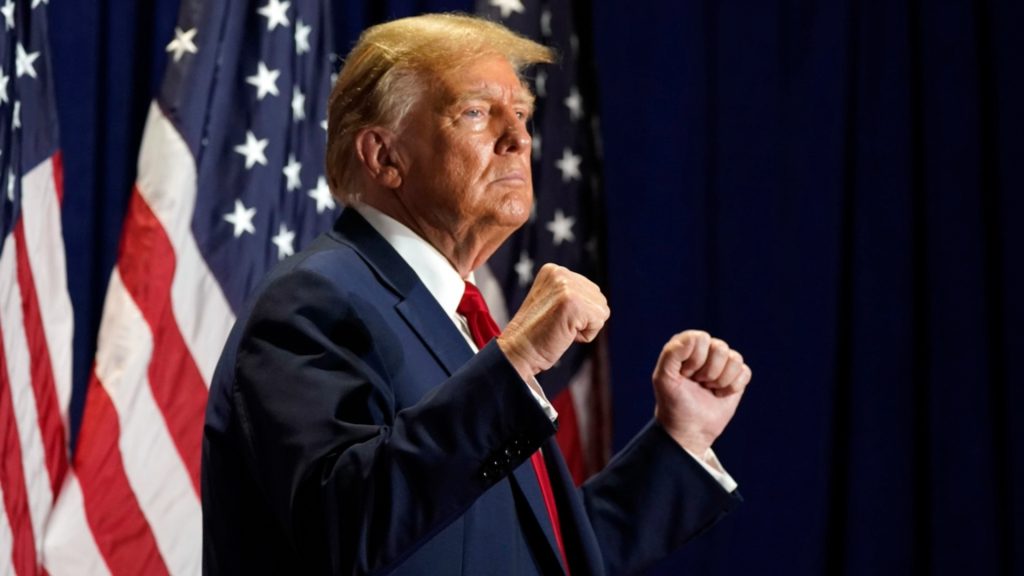
In a statement on his social media platform, Trump hailed the ruling as a “Big win for America!!!” The decision ensures the he will remain on the ballot in Colorado and prevents similar cases in other states.
Colorado Secretary of State Accepts Ruling
Colorado Secretary of State Jena Griswold acknowledged the Supreme Court’s authority in determining eligibility for federal candidates.
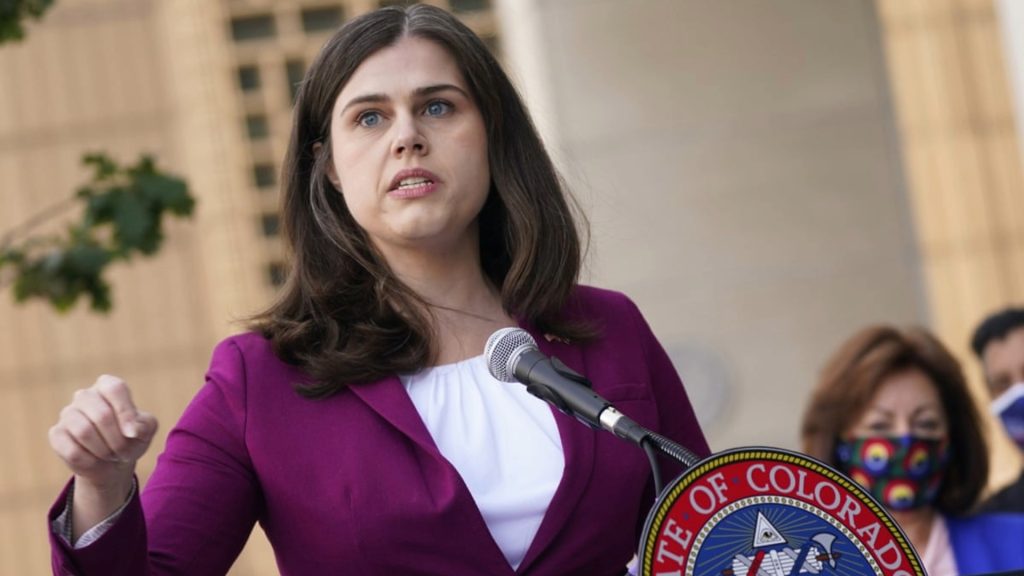
Griswold said, “In accordance with this decision, Donald Trump is an eligible candidate for Colorado’s 2024 Presidential Primary.” While disappointed in the outcome, Griswold accepted the ruling and will take no further action.
Supreme Court Affirming Importance of Federal Power Over States
The ruling affirmed the principle that federal power supersedes state power, even when states aim to act under provisions of the federal Constitution.
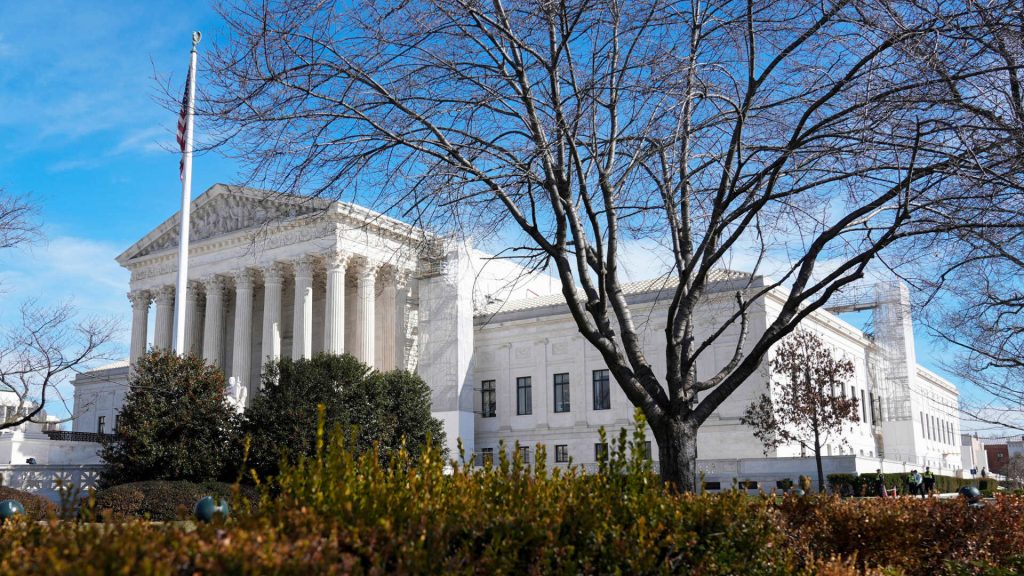
Although the Colorado court believed it was upholding constitutional values in barring Trump from the ballot, the Supreme Court determined that only the federal government itself can properly enforce federal law against federal candidates.
Other Attempts to Block Candidates From Ballots in U.S. History
There have been several instances of candidates’ eligibility being challenged in U.S. history. For example, in 1968, a federal court rejected an effort to remove George Wallace from Alabama’s ballot.
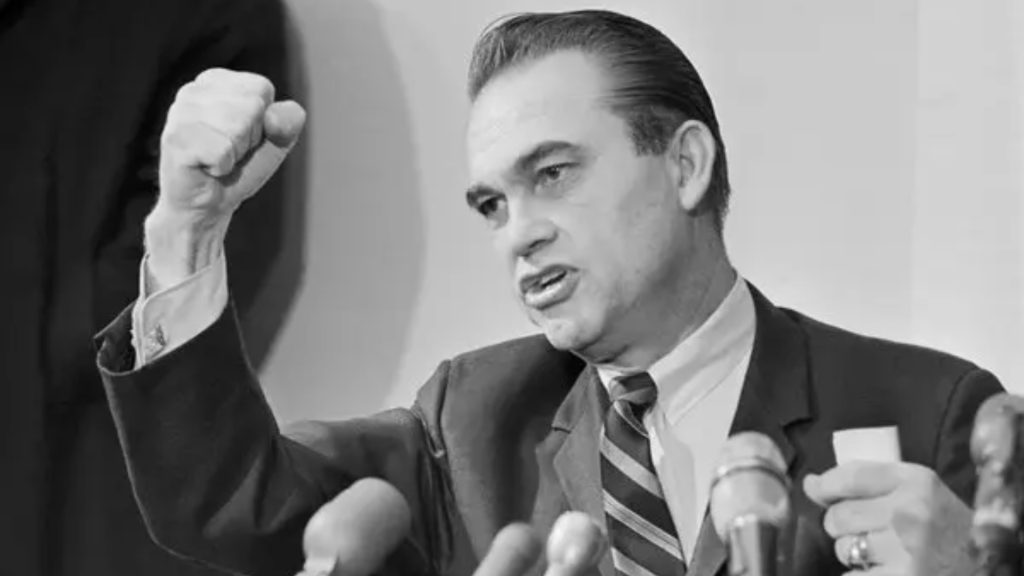
Opponents argued his pro-segregation policies violated the Constitution. However, the court ruled that only Congress could determine if a candidate was disqualified under Section 3 of the 14th Amendment.
The 14th Amendment Remains Complex and Unsettled
While the 14th Amendment was drafted to prevent former Confederates from regaining power, its role in modern elections is complex and unsettled.
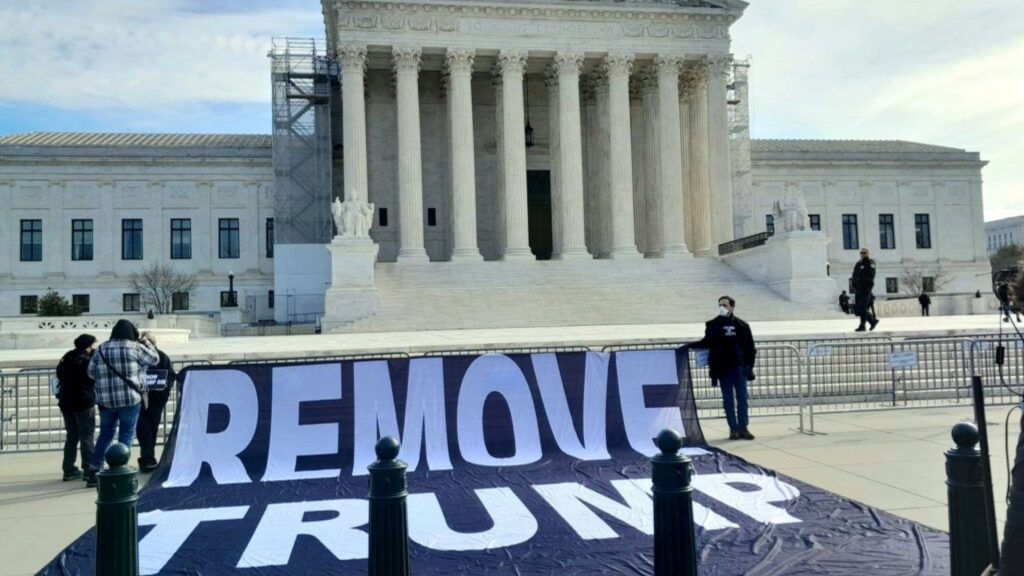
Absent action from Congress, states appear to lack clear authority under Section 3 to bar candidates from ballots.

